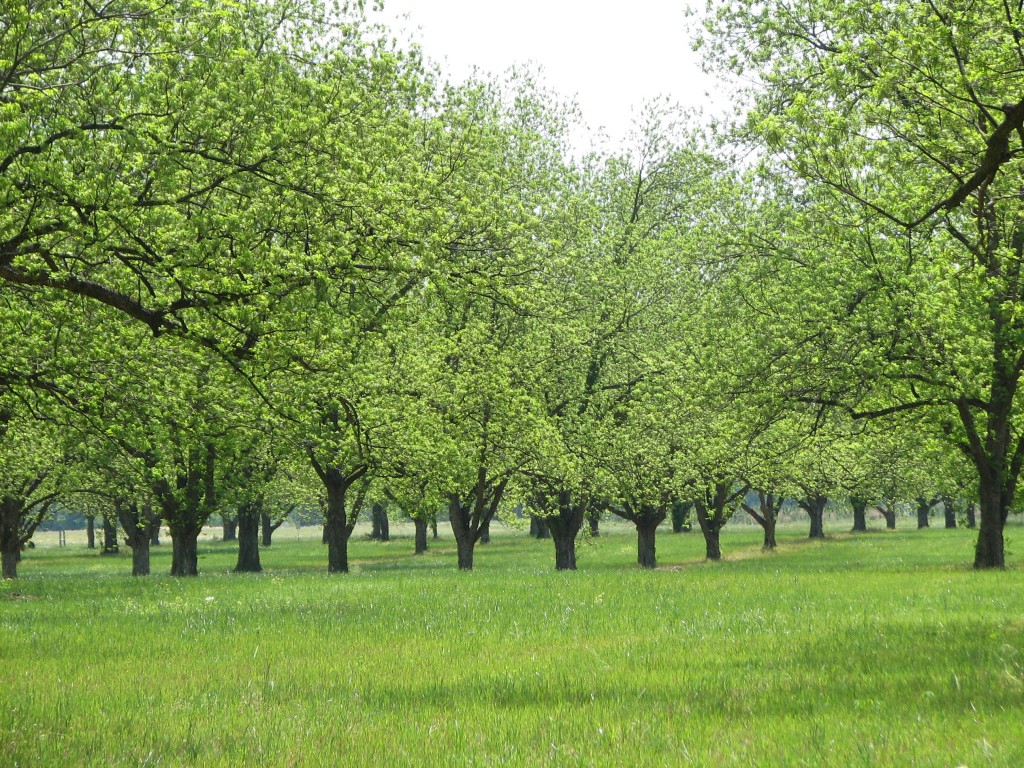Environmental
-
I have waited until this point to comment on Ian since its path has remained uncertain. It could still change, but it looks as though we have the best case scenario for south Georgia if it stays on the current predicted path, considereing the way it looked a few days ago. I am sure all…
Posted in: Environmental -
With the exception of some scab pressure throughout July, we’ve had pretty good growing conditions all season to this point and the appearance of the crop shows it. Growers have done a fine job of protecting the nuts from scab throughout the rainy periods. Industry forecasts currently have Georgia estimated at about 130 million lbs.…
Posted in: Environmental -
This is just a reminder that given the recent rain and the stage the pecans are in, if you have not seen it already, you we will likely be seeing water stage fruit split on many varieties over the next couple weeks. Water stage fruit-split of pecan is often a major problem exhibited by thin-shelled…
Posted in: Environmental -
With the very high temperatures this week and last, there is no point in spraying for insects when the temps are in the 95+ range. Extreme heat slows and then stops reproduction in insects like mites and aphids and will shorten the life span (kill) when it gets up near 100. Materials that rely on leaf…
-
The extreme temperatures we are seeing has growers concerned about effects on the trees and crop. These temperatures often entice growers to increase their irrigation rates over that which they would normally apply at this time of year. But, pecans do not respond to heat in the same way that we do. Pecan trees are…
Posted in: Environmental -
Foliar Sulfur sprays applied in June and July have been shown to provide several benefits for pecan production, including suppression of mite populations and an increase in nut size. Sulfur may also aid in the suppression of some minor foliar diseases, and there is some evidence that it may aid in scab suppression on cultivars…
-
Temperatures across Georgia have increased dramatically this week following a cool spring. The thermometer has climbed above 90 every day this week and the forecast is for 96 degrees today. Each year when this happens, we begin to get leaves scorching on young trees and see some die-back here and there. Those calls have already…
